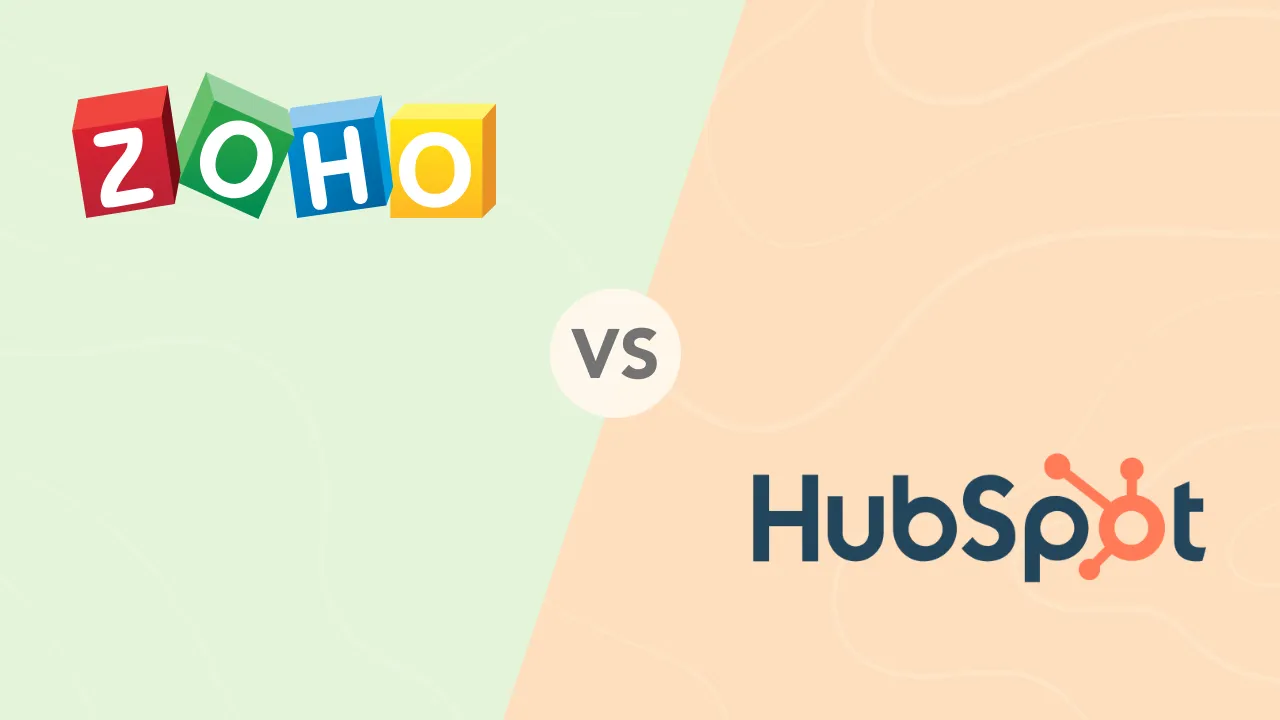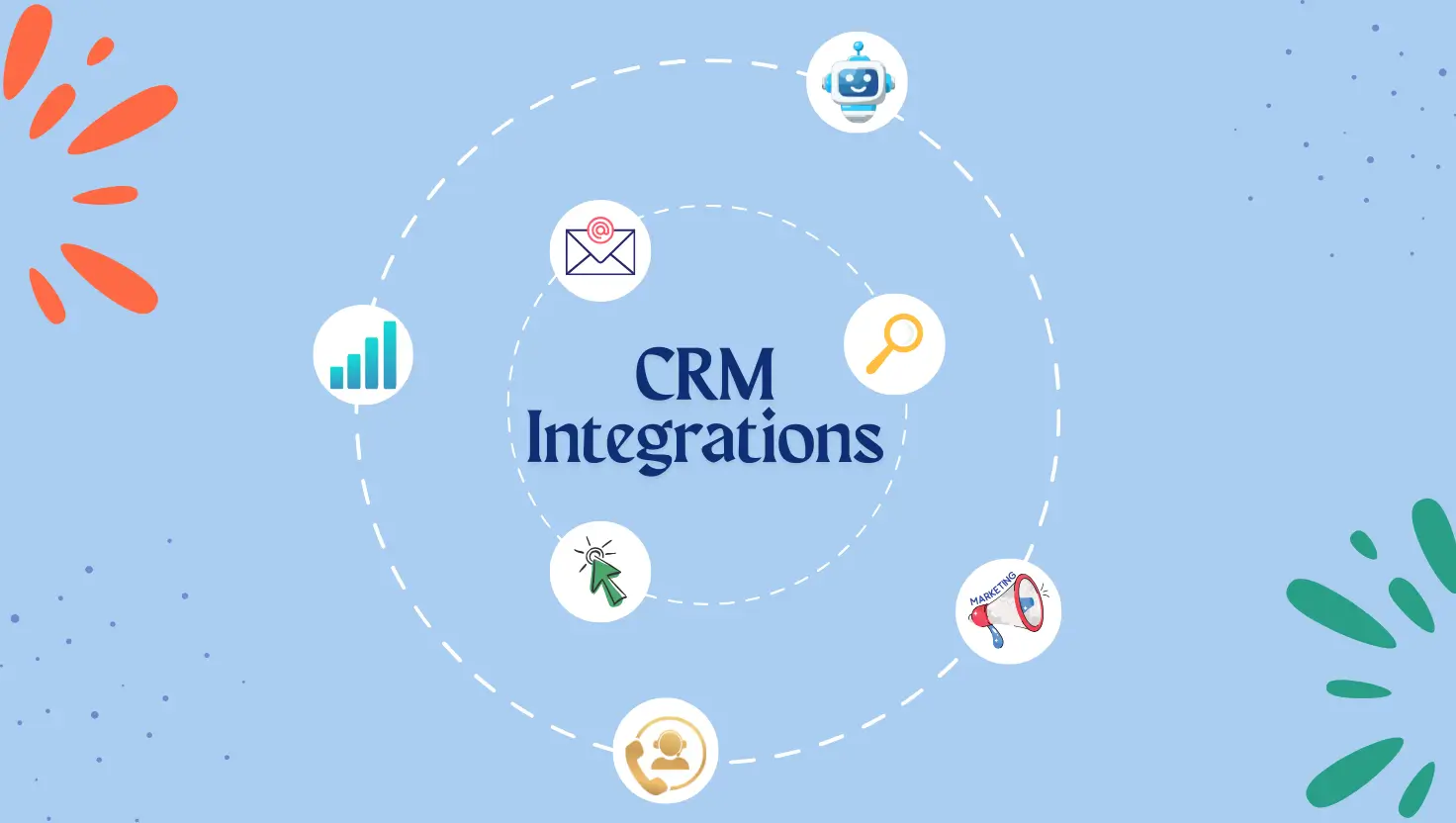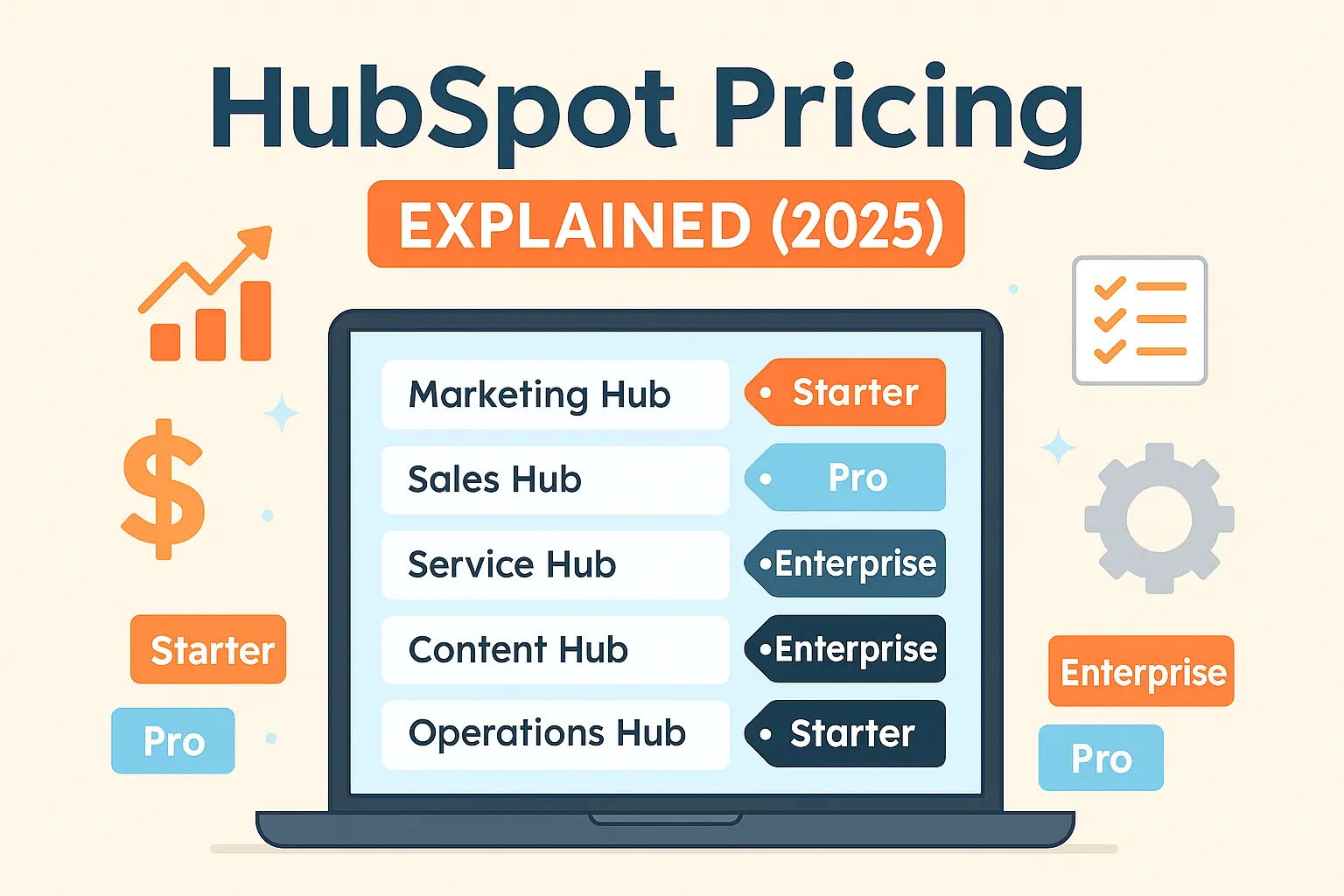Why You Can Trust the Expertise of Sonary
At Sonary, we are committed to providing accurate and trustworthy information to help you make informed decisions. Our research process is meticulous, transparent, and guided by a dedication to maintaining the highest standards of integrity.
Unlike many other review platforms, we conduct in-depth evaluations of the software and services we feature. Our expert team tests and actively uses the tools we review to understand their features, performance, and value comprehensively. Our assessments are based on real-world use, giving you insights beyond surface-level descriptions.
Our research methodology includes analyzing key consumer factors such as pricing, functionality, device usability, scalability, customer support quality, and unique industry-specific features.
This hands-on approach and dedication to transparency mean you can trust Sonary to deliver regular, up-to-date content and recommendations that are well-researched and genuinely helpful for your business needs.
What Is Small Business CRM Software?
Small Business CRM (Customer Relationship Management) software is a tool designed to help small businesses manage their interactions with current and potential customers. It aims to streamline processes, improve customer relationships, increase sales, and enhance customer retention. Here’s a detailed look at what Small Business CRM software encompasses:
Key Features
- Contact Management
- Customer Database: Store and organize customer information, including contact details, communication history, and social media profiles.
- Segmentation: Group customers based on various criteria (e.g., purchase history, demographics) for targeted marketing and communication.
- Sales Management
- Lead Management: Track and manage leads through the sales pipeline, from initial contact to closing the deal.
- Sales Automation: Automate repetitive sales tasks such as follow-ups, scheduling meetings, and sending emails.
- Deal Tracking: Monitor the progress of deals, set reminders, and forecast sales.
- Marketing Automation
- Email Marketing: Create, send, and track email campaigns directly from the CRM.
- Campaign Management: Plan, execute, and analyze marketing campaigns.
- Lead Nurturing: Automate leads nurturing processes to move prospects through the sales funnel.
- Customer Service and Support
- Help Desk: Manage customer inquiries and support tickets.
- Live Chat: Integrate live chat to provide real-time support.
- Knowledge Base: Create a repository of help articles and FAQs for self-service support.
- Task and Activity Management
- Calendar Integration: Sync with calendars to manage appointments and deadlines.
- Task Assignment: Assign tasks to team members and track their completion.
- Activity Tracking: Monitor all customer-related activities and interactions.
- Reporting and Analytics
- Custom Reports: Generate reports on sales performance, customer behavior, and marketing effectiveness.
- Dashboards: Visualize key metrics and KPIs with customizable dashboards.
- Analytics: Analyze data to gain insights and make informed decisions.
- Mobile Access
- Mobile App: Access CRM features from mobile devices to stay productive on the go.
- Offline Access: Work offline and sync data when back online.
CRM Benefits for Small Businesses
- Improved Customer Relationships
- Personalized Communication: Use customer data to tailor interactions and improve satisfaction.
- Timely Follow-Ups: Ensure no opportunities are missed with automated reminders and follow-ups.
- Increased Efficiency and Productivity
- Automation: Save time on repetitive tasks, allowing teams to focus on more critical activities.
- Centralized Data: Access all customer information in one place, reducing the need to switch between multiple tools.
- Enhanced Sales Performance
- Sales Pipeline Management: Gain a clear view of the sales pipeline and identify bottlenecks.
- Performance Tracking: Monitor individual and team performance to set goals and improve strategies.
- Better Decision Making
- Data-Driven Insights: Use analytics and reports to make informed business decisions.
- Forecasting: Predict future sales and revenue to plan resources and strategies effectively.
- Centralized Customer Data Management
- Consolidation of Information: Store all customer information in one centralized database, making it easily accessible to all team members.
- Enhanced Data Organization: Organize customer data, including contact details, communication history, and purchase records, to better understand customer needs and preferences.
- Enhanced Marketing Efforts
- Targeted Marketing Campaigns: Segment customers based on various criteria (e.g., demographics, purchase history) to create targeted marketing campaigns that resonate with specific groups.
- Email Marketing Integration: Design, send, and track email marketing campaigns directly from the CRM, allowing for more cohesive and effective marketing strategies.
- Campaign Analytics: Measure the effectiveness of marketing campaigns through detailed analytics and reports, enabling data-driven decision-making.
- improved Team Collaboration and Productivity
- Task and Activity Management: Assign tasks, set deadlines, and track progress to ensure team members stay organized and productive.
- Collaboration Tools: Share customer information and collaborate on tasks within the CRM, fostering better teamwork and communication.
- Mobile Access: Use mobile apps to access CRM features on the go, ensuring that teams can stay productive even when away from the office.
- Detailed Reporting and Analytics
- Customizable Reports: Generate reports on sales performance, customer behavior, and marketing effectiveness to gain insights into business operations.
- Real-Time Analytics: Access real-time data and analytics to make informed decisions and respond quickly to changing business conditions.
- Performance Tracking: Monitor individual and team performance to identify areas for improvement and set actionable goals.
- Scalability and Flexibility
- Growth Support: Scale the CRM system as the business grows, adding more users, features, and integrations as needed.
- Customization: Customize the CRM to fit specific business needs and workflows, ensuring it remains relevant and practical.
Types of Small Business CRM Software
- Cloud-Based CRM
- Pros: Accessible from anywhere, easy to set up, scalable, regular updates.
- Cons: Ongoing subscription costs, dependency on internet connection.
- On-Premise CRM
- Pros: Greater control over data, customizable to specific needs, no recurring subscription fees.
- Cons: Higher upfront costs, requires in-house IT support, less accessible remotely.
- Industry-Specific CRM
- Pros: Tailored features for specific industries (e.g., real estate, healthcare, retail).
- Cons: May be less flexible for businesses with diverse needs.
Popular Small Business CRM Software
Entire customer life-cycle in one place
Starting from:
$12/seat /mo

Sync emails to track client interactions

Import leads with integrations
Generate & convert leads with AI tools

Unified platform for sales and marketing

Track customer interactions in real time
Einstein AI delivers predictive analytics
Starting from:
$25 /mo /user

Track contacts & manage sales pipeline

Get a complete view of every customer
CRM platform used by over 800K teams

One place for company-wide collaboration

Real-time reporting
Conclusion
CRM software is indispensable for small businesses aiming to enhance customer relationships, streamline operations, and drive growth. By centralizing customer data, facilitating personalized communication, and automating sales and marketing processes, a CRM system helps small businesses improve customer satisfaction, increase sales efficiency, and make informed decisions based on real-time data. The benefits of implementing a CRM include better customer retention, increased productivity, and a more organized approach to managing customer interactions.
Comparing CRM providers and their features is crucial for small businesses to find a solution that aligns with their specific needs and budget. With a wide range of CRM options available, from basic free plans to advanced, customizable solutions, evaluating different providers ensures that businesses select a CRM that offers the best value and functionality for their requirements. Understanding the various features and pricing models helps businesses make an informed choice, ultimately leading to more efficient operations and sustained growth. This comparison page aims to guide small businesses in identifying the most suitable CRM tools, enabling them to leverage technology effectively to achieve their business goals.










 Sync emails to track client interactions
Sync emails to track client interactions 



